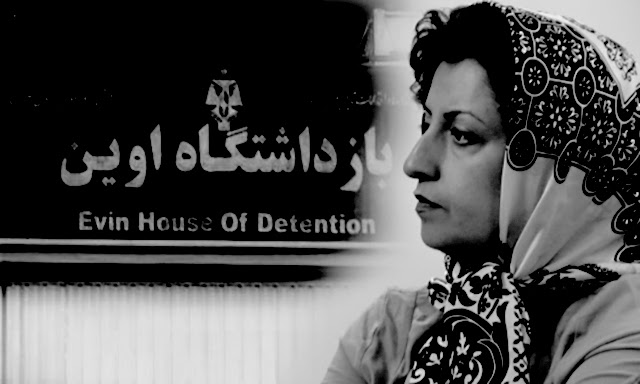|
|
|
|
|
The Daily Beast In the past few weeks, some Iranian activists have vocally supported the nuclear deal between Iran and the P5+1 (China, Russia, France, United Kingdom, United States and Germany). While we deeply respect the experience and views of these men and women, it is important to hear all perspectives.
We represent another collection of Iranian activists who share the world’s hope for a better future but believe that appeasing the Iranian regime will lead to a more dangerous world.
We have spent our lives advocating for peace, justice and freedom in Iran. We represent a diverse array of Iranians who hope to warn the world of the danger of this regime regardless of how many centrifuges spin in Iran.
|
|
|
|
Simon Tisdall
As debate rages among politicians and pundits in Washington over whether to endorse last month’s historic nuclear compromise with Iran, key European allies have already given their verdict: a resounding thumbs up. Government ministers and business leaders in France, Germany, Italy and elsewhere in the EU are racing to open up a new era of diplomatic, trade, investment and possible future military cooperation with Tehran, regardless of what American and Israeli sceptics say.
While Americans argue over timescales, technicalities and Iranian trustworthiness, behind their backs the scramble for Persia, recalling Europe’s 19th-century scramble for Africa, has already begun. The cohesion of the international sanctions regime isolating Iran is crumbling by the day.
|
|
|
|
Somebody had to go first-why not the Swiss?
News that Switzerland has become the first Western country to start lifting sanctions on Iran will no doubt be followed swiftly by reports of other nations (and corporations) seeking some of the Islamic Republic’ssoon-to-be-unfrozen billions. Russia and China have already beguntalking up arms sales to Tehran; over the weekend, Moscow sent a pair of warships to the port of Anzali, to display Russian naval wares.
For now, the Swiss are easing restrictions on harmless things such as precious metals. But Iran’s military procurers will have made note of recent reports that Switzerland has eased restrictions on arms exports. Swiss-made tanks (known, puzzlingly, as Piranhas) and ammunition are already used widely across the Middle East. How long before munitions makers from Switzerland join the stampede toward Tehran?
But perhaps more important than the specifics of the trade between Switzerland and Iran is the message it sends the US Congress, where a mighty-and mightily futile-bipartisan effort is under way to scuttle the deal. And it is entirely fitting that the message should come from the country that has represented American interests in Tehran for the past 35 years. The message: Move on.
|


